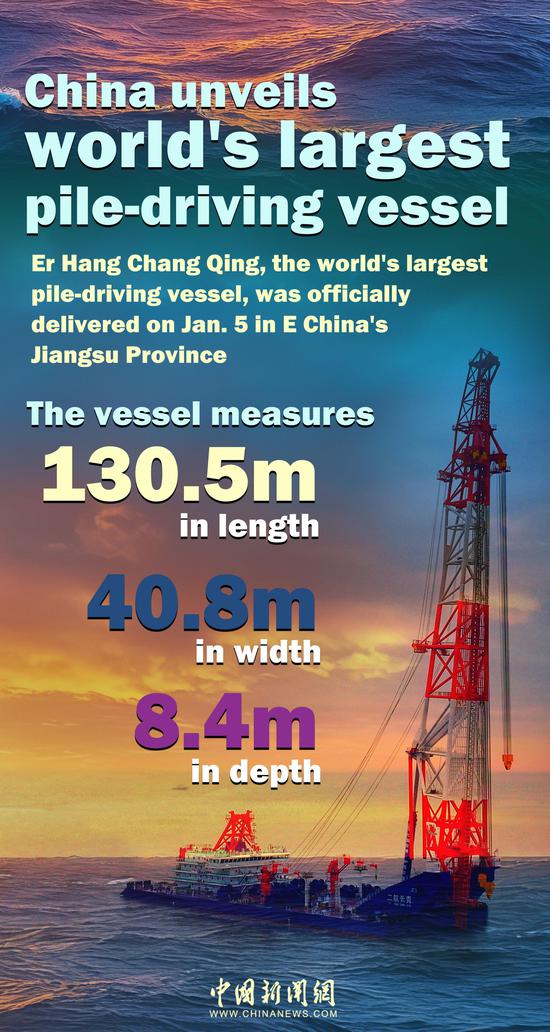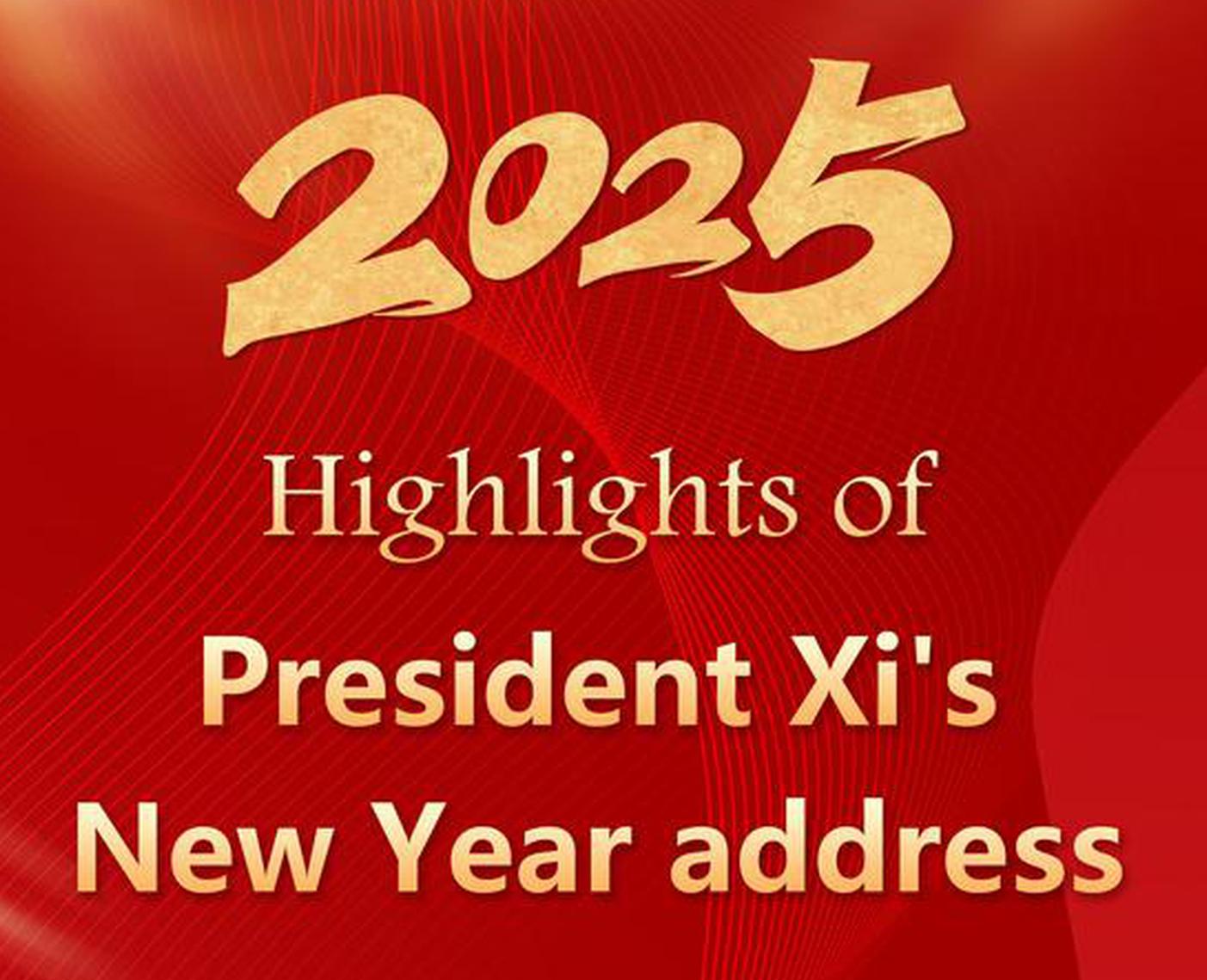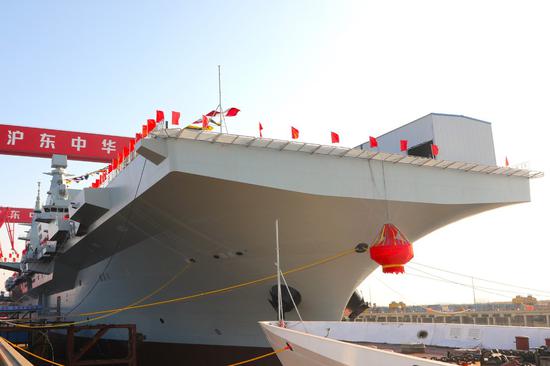Clear channels of communication, mechanisms for conflict resolution highlighted for future stability
Establishing clear communication channels and setting up mechanisms for conflict resolution can reinforce the stability of business ties between China and the United States in the coming years, a senior executive at a German management consultancy said.
With a new administration set to take office in the U.S. later this month, this recalibration could foster greater opportunities for collaboration, said Denis Depoux, global managing director at the Munich-headquartered Roland Berger.
The future direction of China-U.S. economic and trade ties will significantly impact several sectors poised for potential shifts in trade policy. Technology will continue to be a central focus, with national security concerns possibly resulting in additional restrictions or specific agreements aimed at regulating critical technology transfers, said Depoux.
"Agriculture could be influenced by negotiations targeting food security and tariff adjustments, as both nations have historically engaged in significant trade in this sector," he added.
Additionally, financial services might experience shifts as both countries evaluate access to markets, regulatory standards and investment flows. These sectors, integral to both economies, are shaped by the dynamic interplay of political and economic agendas. These highlight areas of both opportunity and potential constraints in China-U.S. trade relations, he added.
China-U.S. trade value grew by 4.2 percent year-on-year to 4.44 trillion yuan ($605.59 billion) in the January-November period of last year, accounting for 11.2 percent of China's total foreign trade value, data from the General Administration of Customs showed.
Depoux said scientific partnerships, research and development collaborations, and joint innovation efforts may continue to face challenges, with increasing focus on national security, data protection and intellectual property constraints. Some collaborations within companies may, however, remain intact.
"Furthermore, the notion of decoupling will not solely be propelled by geopolitical rivalry but also by the evolving characteristics of the Chinese market itself, such as the rising level of innovation within Chinese firms, and China's burgeoning leadership in multiple sectors," said Depoux.
To mitigate risks, many Chinese companies may be compelled to navigate a more complex international supply chain, said Gao Lingyun, a researcher at the Institute of World Economics and Politics, which is affiliated to the Chinese Academy of Social Sciences in Beijing.
Alternatively, they may pivot their focus toward other regions of the world for expansion opportunities, supported by resilient Chinese outbound direct investment in other markets over the past few years, Gao said.
That sentiment is in line with the latest data.
China's nonfinancial ODI soared 11.2 percent year-on-year to $128.63 billion in the first 11 months of last year, according to the Ministry of Commerce.
Meanwhile, Chinese companies 'nonfinancial ODI in other countries and regions participating in the Belt and Road Initiative registered a 5.1 percent yearly increase to $30.17 billion.
Executives from U.S. companies said that China's ongoing transformation and upgrade of traditional industries, coupled with the expansion of emerging sectors, will offer businesses in the U.S. vast opportunities for growth and commercial engagement.
U.S. express transportation service provider FedEx Corp introduced a new flight route last month to further strengthen connectivity between China, India and Europe, aiming to enhance flexibility and operational efficiency for Chinese customers, particularly across critical trade lanes like intra-Asia and Europe.
"China's thriving foreign trade, particularly with key markets in Asia and Europe, highlights the importance of a resilient global network to foster sustained growth, especially during the peak holiday season," said Poh-Yian Koh, senior vice-president of FedEx and president of FedEx China.
To meet the growing demands of the Asian market, FedEx recently also introduced service enhancements for outbound shipping from China to Jakarta, Indonesia, and Johor Bahru, Malaysia, reducing delivery times by one day and 2.5 hours, respectively.


















































 京公網安備 11010202009201號
京公網安備 11010202009201號